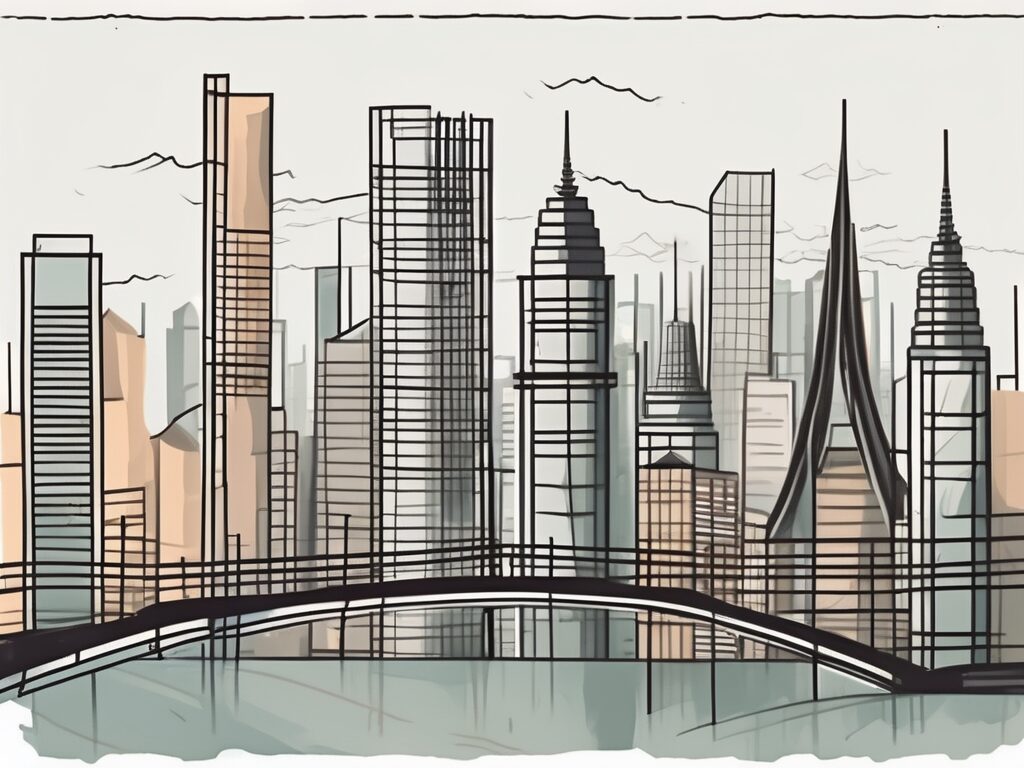Bangkok, the bustling capital city of Thailand, is a vibrant hub of culture, commerce, and education. However, despite its many advantages, the city faces significant challenges in the realm of education. These barriers range from socio-economic factors to systemic issues within the education system itself. In this comprehensive exploration, we’ll delve into the main barriers to education in Bangkok and discuss potential solutions to these pressing issues.
Socio-Economic Barriers
Poverty
Like many urban centres across the globe, Bangkok is a city of contrasts. Amidst the towering skyscrapers and luxury malls, poverty is a stark reality for a significant portion of the population. For these families, education often takes a back seat to immediate survival needs. Children may be required to work to supplement the family income, leaving little time or energy for schooling.
Moreover, even though public education is ostensibly free in Thailand, there are hidden costs such as uniforms, textbooks, and transportation. These expenses can be prohibitive for low-income families, further widening the education gap between the rich and the poor.
Migration
Bangkok’s rapid urbanisation has led to a significant influx of migrants from rural areas. These families often face difficulties in accessing education due to language barriers, lack of documentation, and unfamiliarity with the city’s education system. This is akin to the challenges faced by immigrants in cities like London or New York.
Furthermore, migrant children are more likely to drop out of school due to financial pressures, as their families often rely on their income. This creates a vicious cycle, as lack of education further limits their employment opportunities, perpetuating the cycle of poverty.
Educational System Barriers
Quality of Education
While Bangkok boasts some of the country’s best schools, the quality of education can vary dramatically. Many public schools, particularly those in poorer areas, are under-resourced and overcrowded. This is reminiscent of the disparities seen in cities like Manchester or Birmingham in the UK.
Furthermore, the traditional rote learning approach, which emphasises memorisation over critical thinking, is still prevalent in many schools. This method of teaching, while effective for passing exams, does not necessarily equip students with the skills needed for the modern workplace.
Access to Early Childhood Education
Research has shown that early childhood education plays a crucial role in a child’s cognitive and social development. However, access to quality early childhood education is uneven in Bangkok. Affluent families often send their children to private kindergartens, while less privileged children may not have access to any form of early education.
This disparity in early education can set the stage for future academic struggles. Children who start school without the basic skills often struggle to catch up with their peers, leading to lower self-esteem and higher dropout rates.
Overcoming the Barriers
Government Initiatives
The Thai government has recognised these challenges and has implemented several initiatives to address them. These include providing financial aid to low-income families, improving teacher training, and promoting inclusive education for migrant children. However, these initiatives need to be consistently monitored and evaluated to ensure their effectiveness.
Community Involvement
Community involvement is another crucial aspect of overcoming educational barriers. Local communities can provide valuable support to schools and families, such as tutoring, mentoring, and after-school programmes. These initiatives can help to bridge the gap between home and school, providing a more holistic approach to education.
Moreover, businesses can also play a role by partnering with schools to provide internships and vocational training. This can help to equip students with practical skills and experiences, enhancing their employability upon graduation.
Policy Reforms
Lastly, policy reforms are needed to address the systemic issues within the education system. This includes improving the quality of education, promoting innovative teaching methods, and ensuring equal access to early childhood education. Just as London has seen significant improvements in its education system through policy reforms, Bangkok can also benefit from such changes.
In conclusion, while the barriers to education in Bangkok are significant, they are not insurmountable. With concerted efforts from the government, communities, and businesses, it is possible to create an inclusive and equitable education system that benefits all children, regardless of their socio-economic background.
Empower Your Teaching Career in Bangkok with IPGCE
Understanding the barriers to education in Bangkok is just the first step. For educators looking to overcome these challenges and excel in their careers, IPGCE offers a transformative opportunity. Our International Postgraduate Certificate in Education is tailored to enhance your qualifications, increase your chances for interviews, and provide a pathway for career progression with a proven 45% boost in promotion rates. By joining our global network, you’ll break free from professional isolation and gain a deeper insight into international curricula, making you 65% more adaptable in diverse educational settings. Embrace the flexibility of online study and witness a significant impact on your professional development and salary prospects. Don’t let inadequate credentials be your barrier. Join the UK’s #1 Teacher Training Course today and be part of the change in Bangkok’s education landscape.

